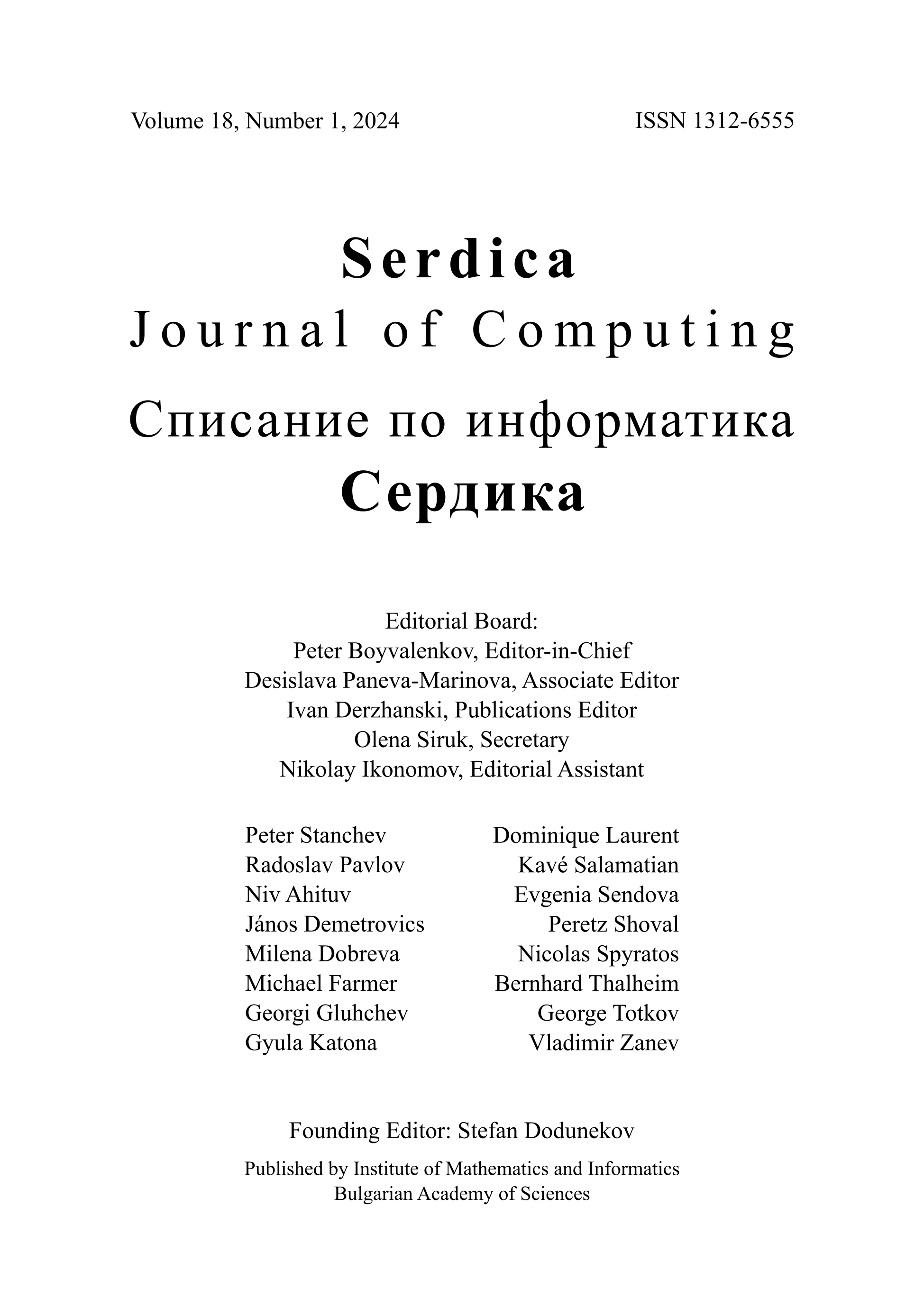Divisible Minimal Codes
DOI:
https://doi.org/10.55630/sjc.2024.18.97-124Keywords:
minimal codes, divisible codes, optimal codes, quasi-cyclic codes, acute setsAbstract
Minimal codes are linear codes where all non-zero codewords are minimal, i.e., whose support is not properly contained in the support of another codeword. The minimum possible length of such a $k$-dimensional linear code over $\mathbb{F}_q$ is denoted by $m(k,q)$. Here we determine $m(7,2)$, $m(8,2)$, and $m(9,2)$, as well as full classifications of all codes attaining $m(k,2)$ for $k\le 7$ and those attaining $m(9,2)$. We give improved upper bounds for $m(k,2)$ for all $10\le k\le 17$. It turns out that in many cases the attaining extremal codes have the property that the weights of all codewords are divisible by some constant $\Delta>1$. So, here we study the minimum lengths of minimal codes where we additionally assume that the weights of the codewords are divisible by $\Delta$. As a byproduct we also give a few binary linear codes improving the best known lower bound for the minimum distance.

